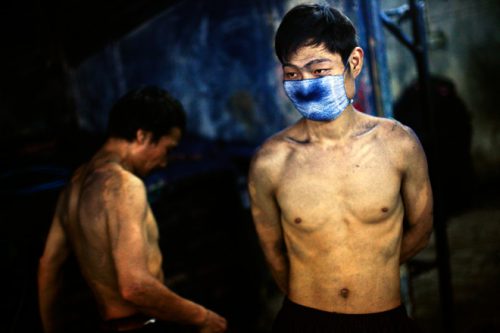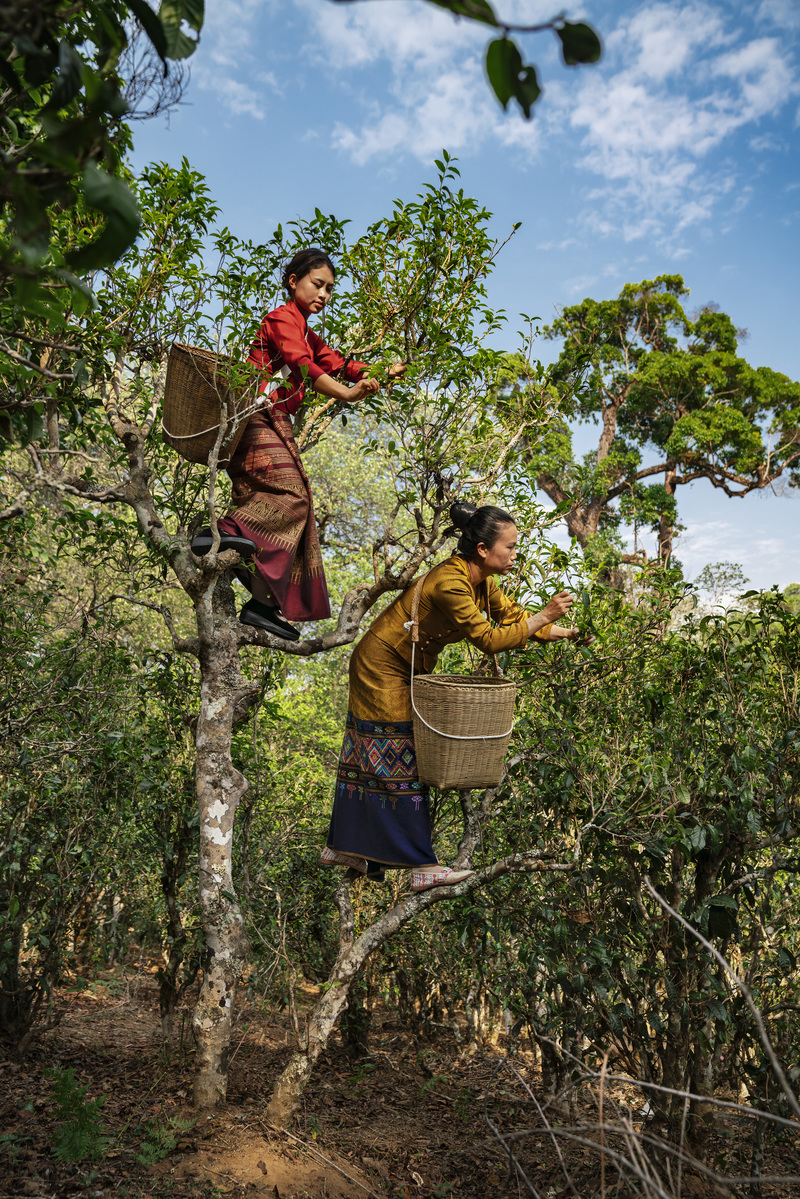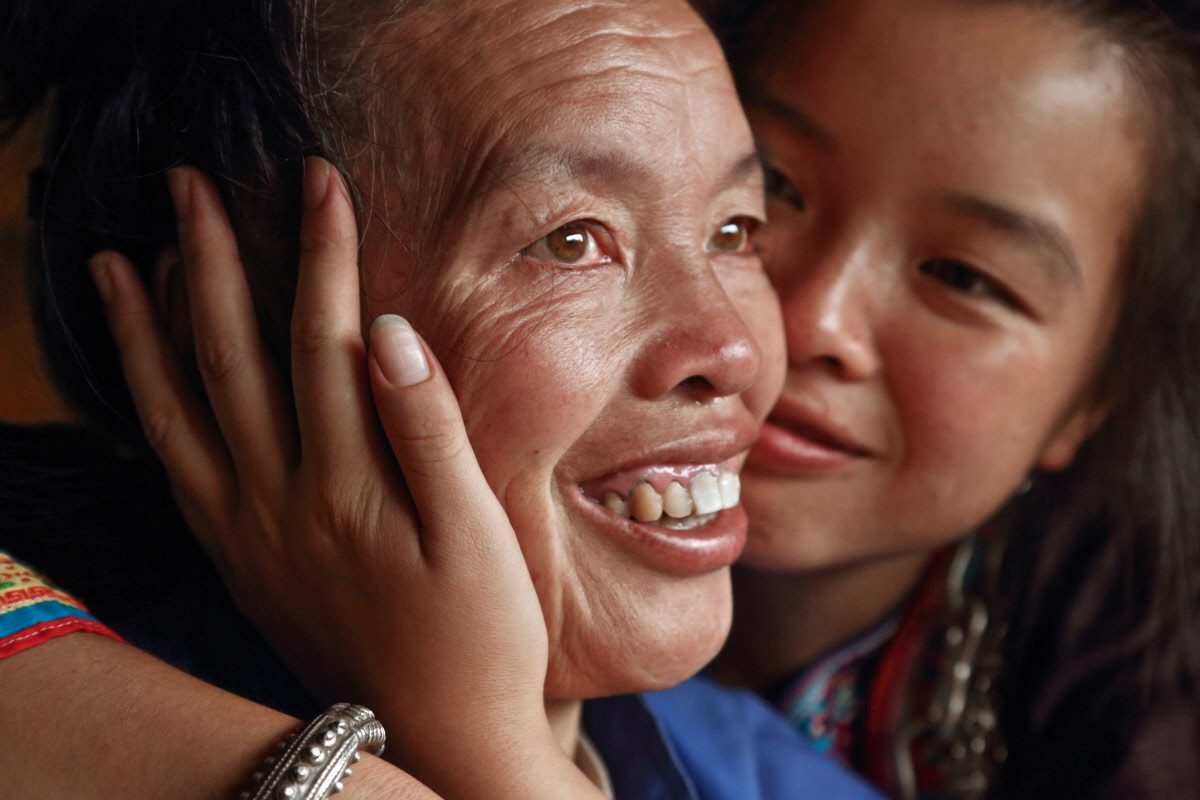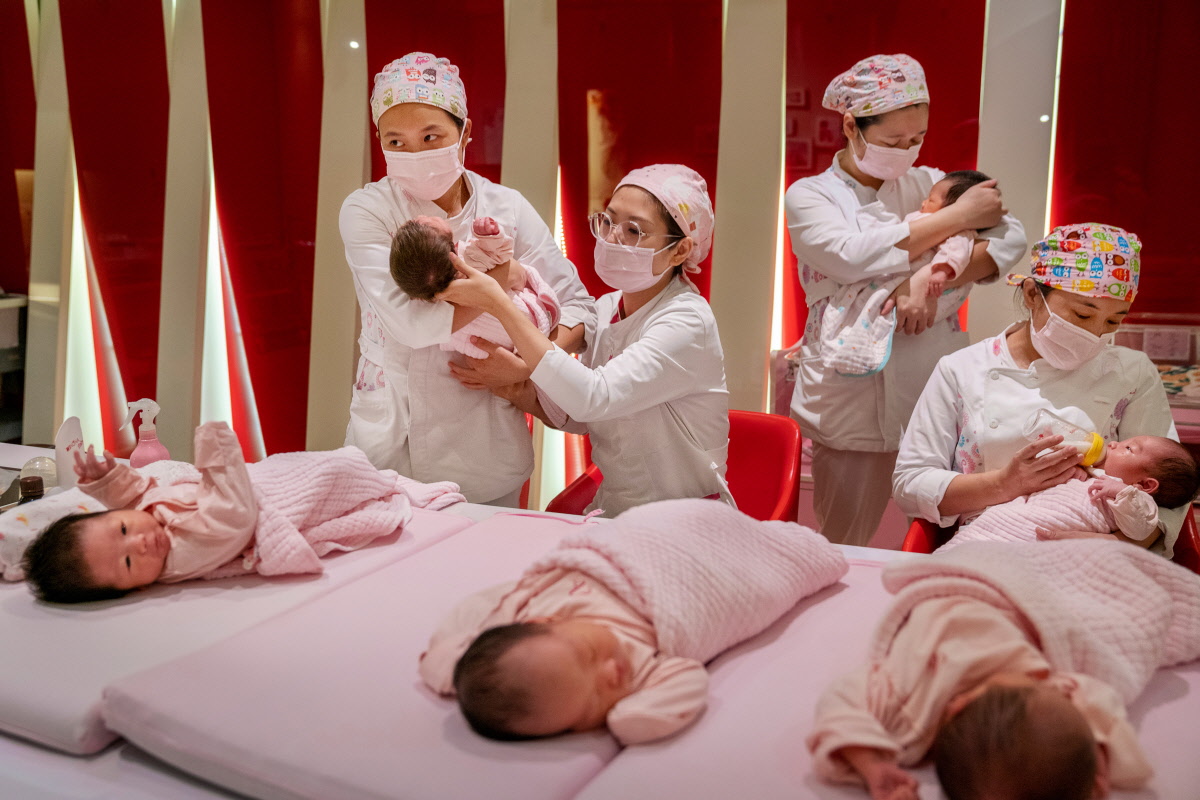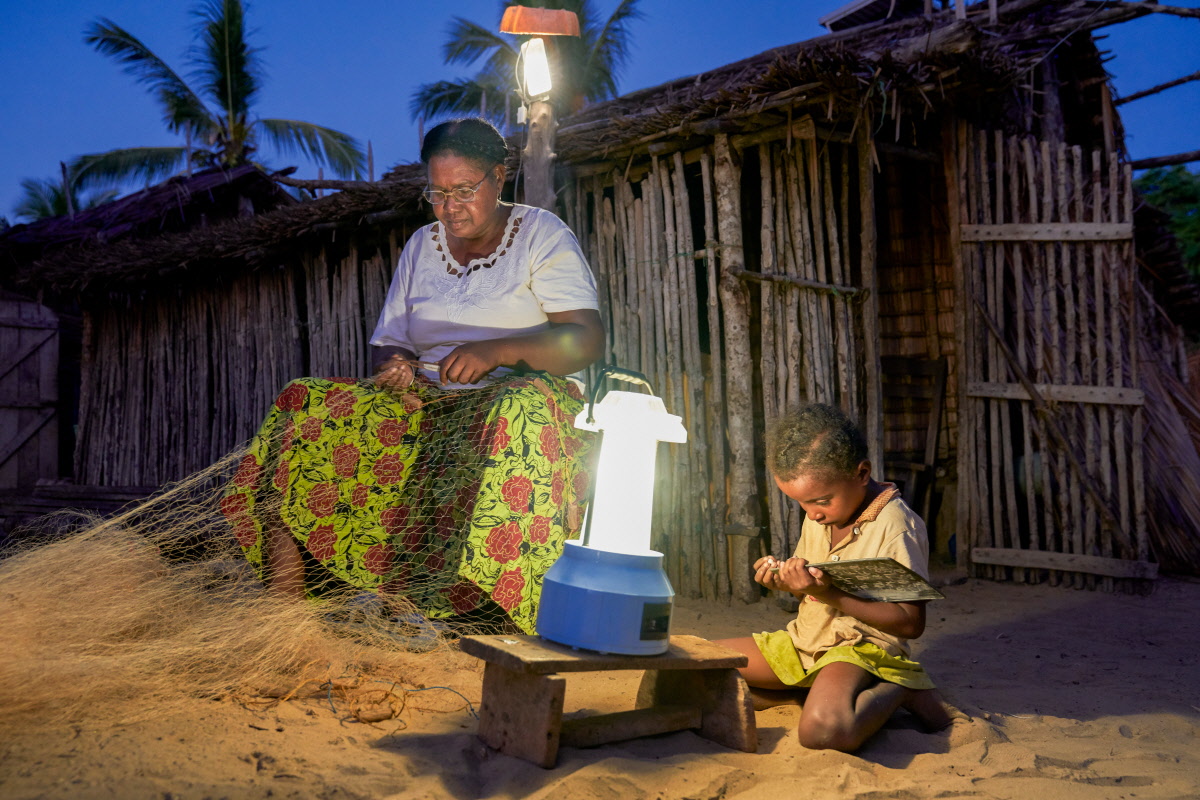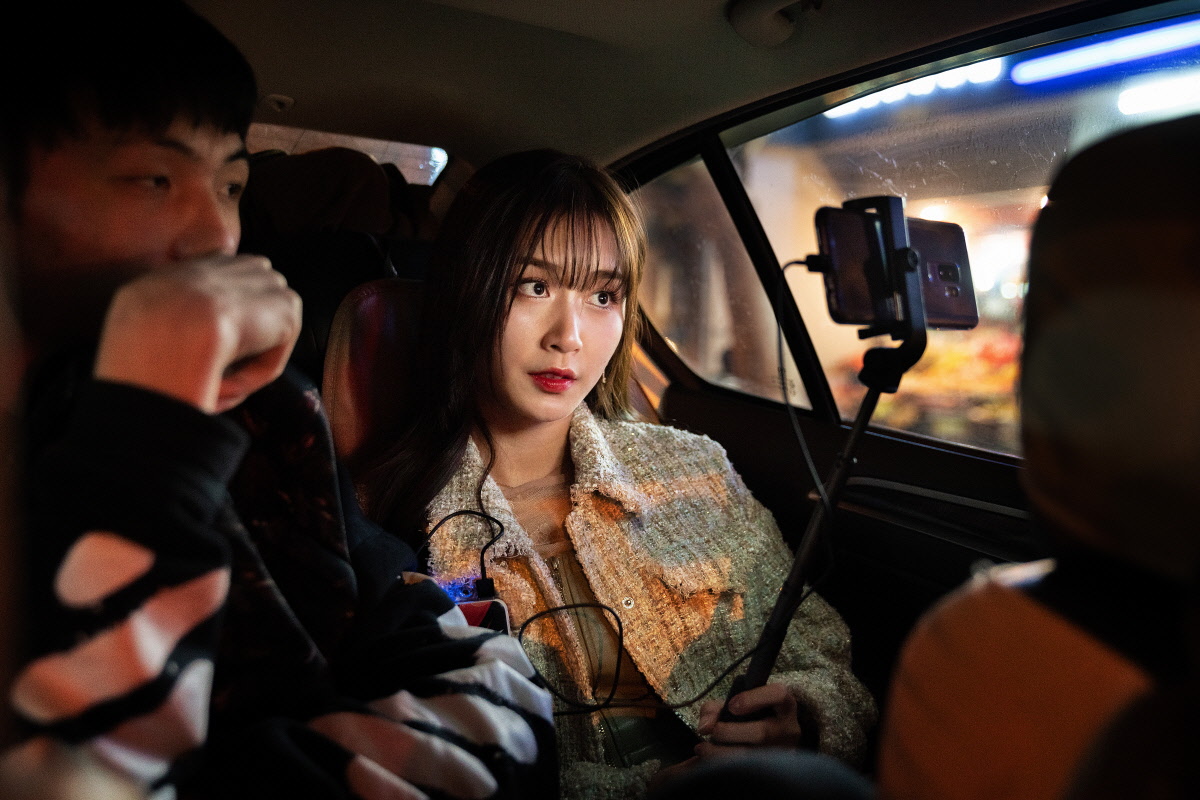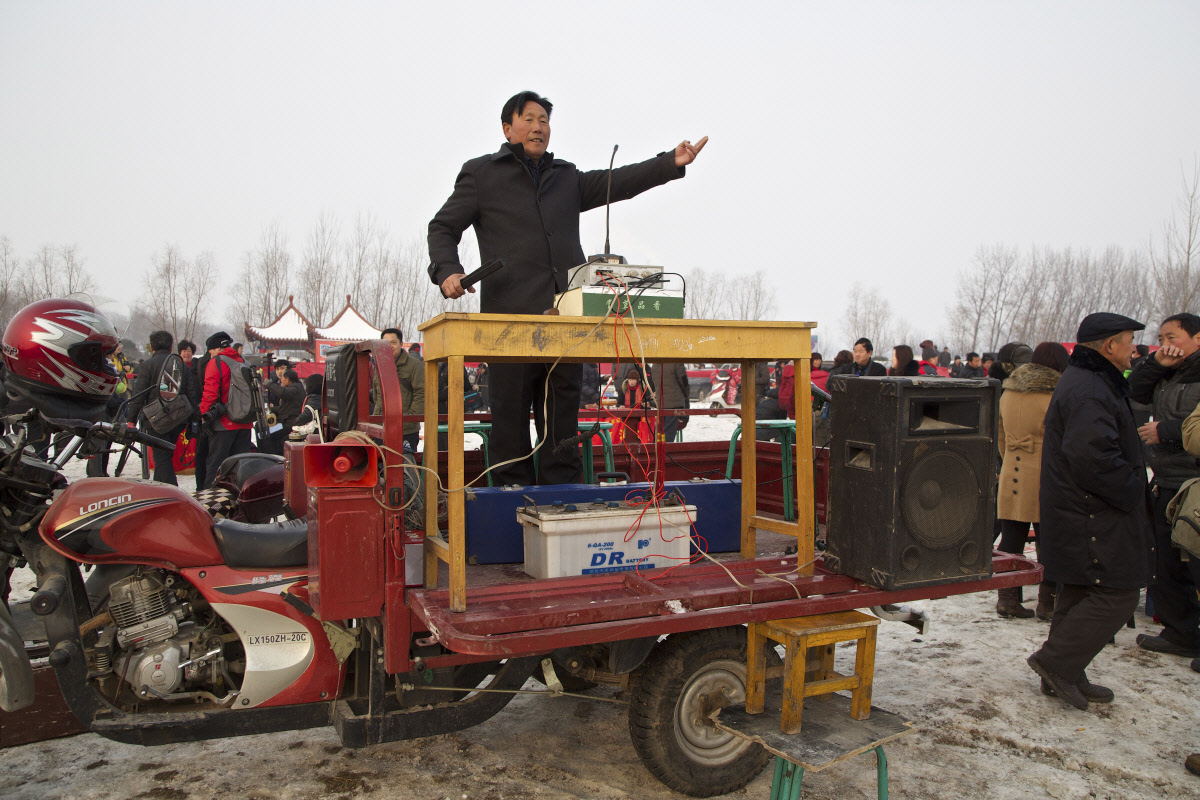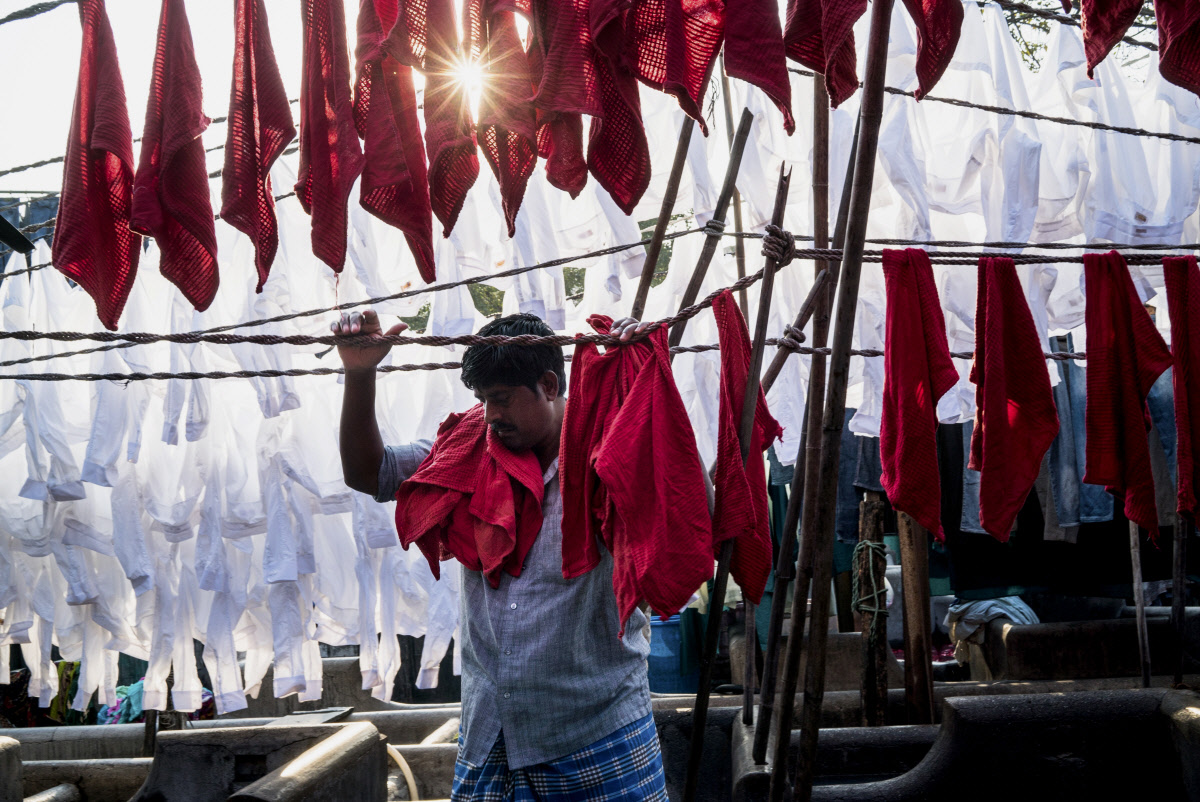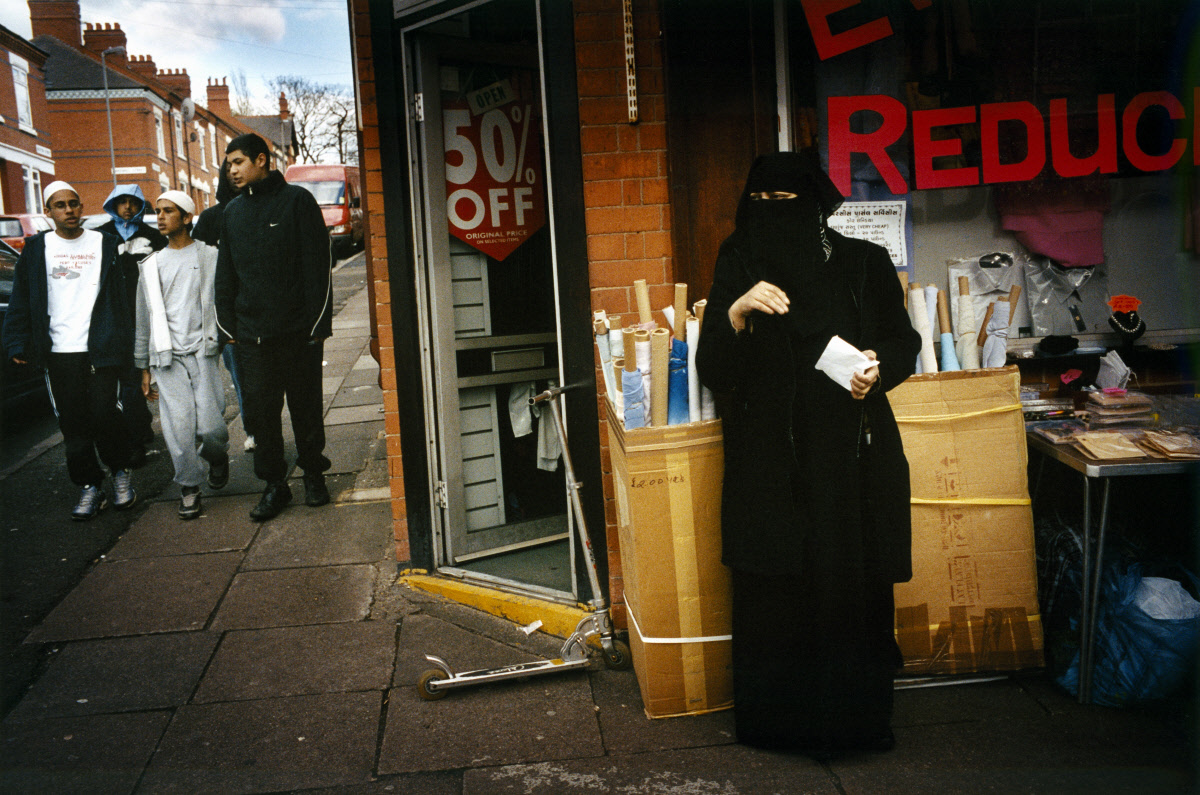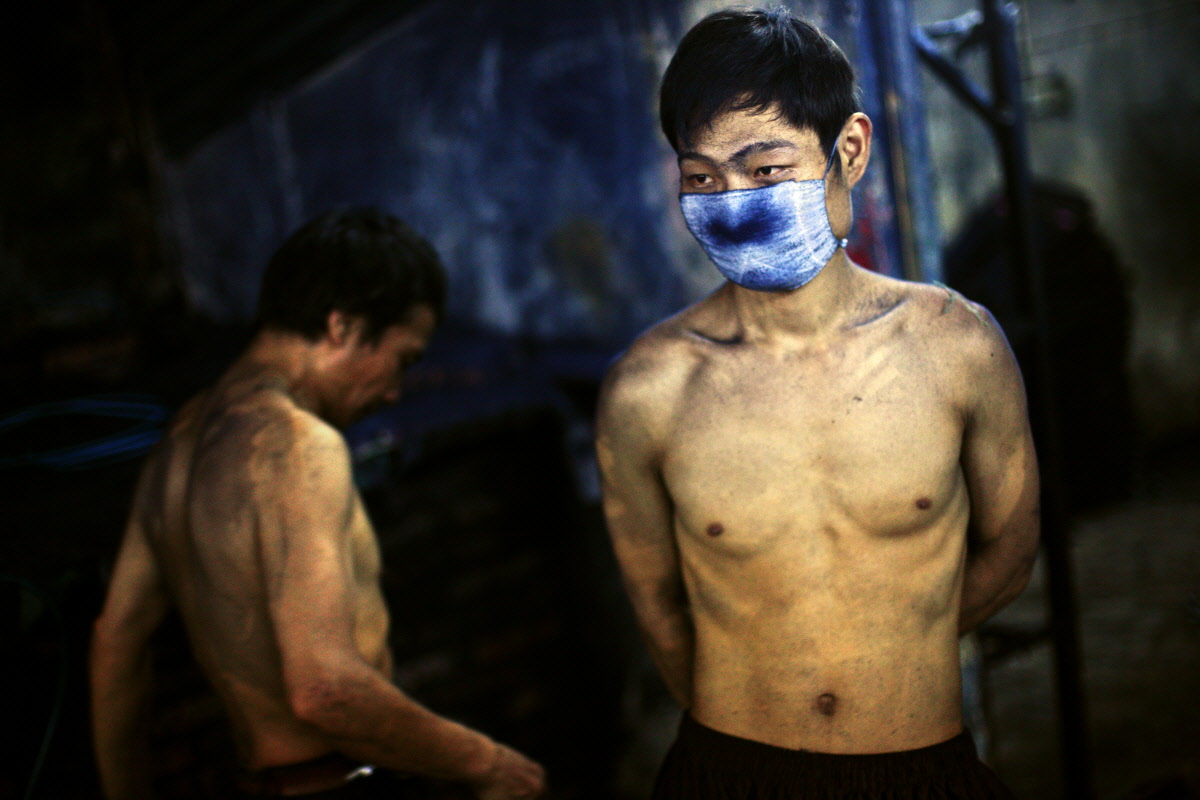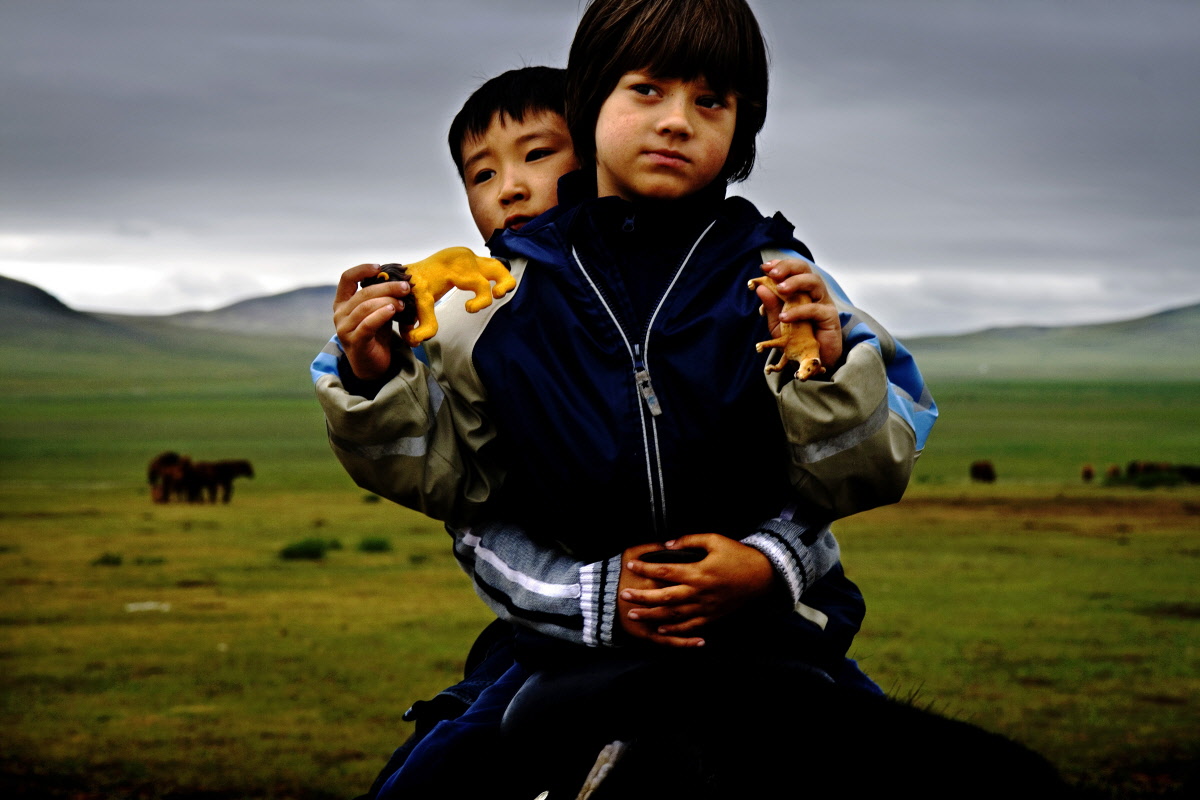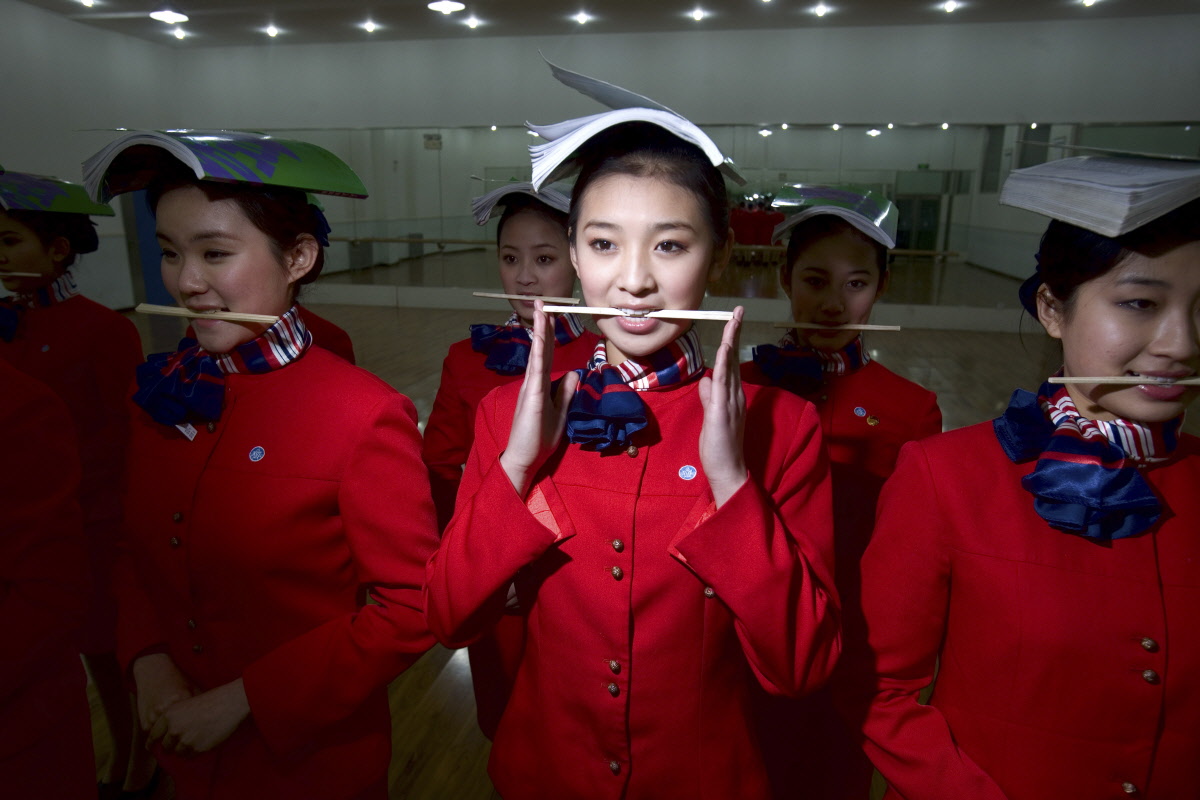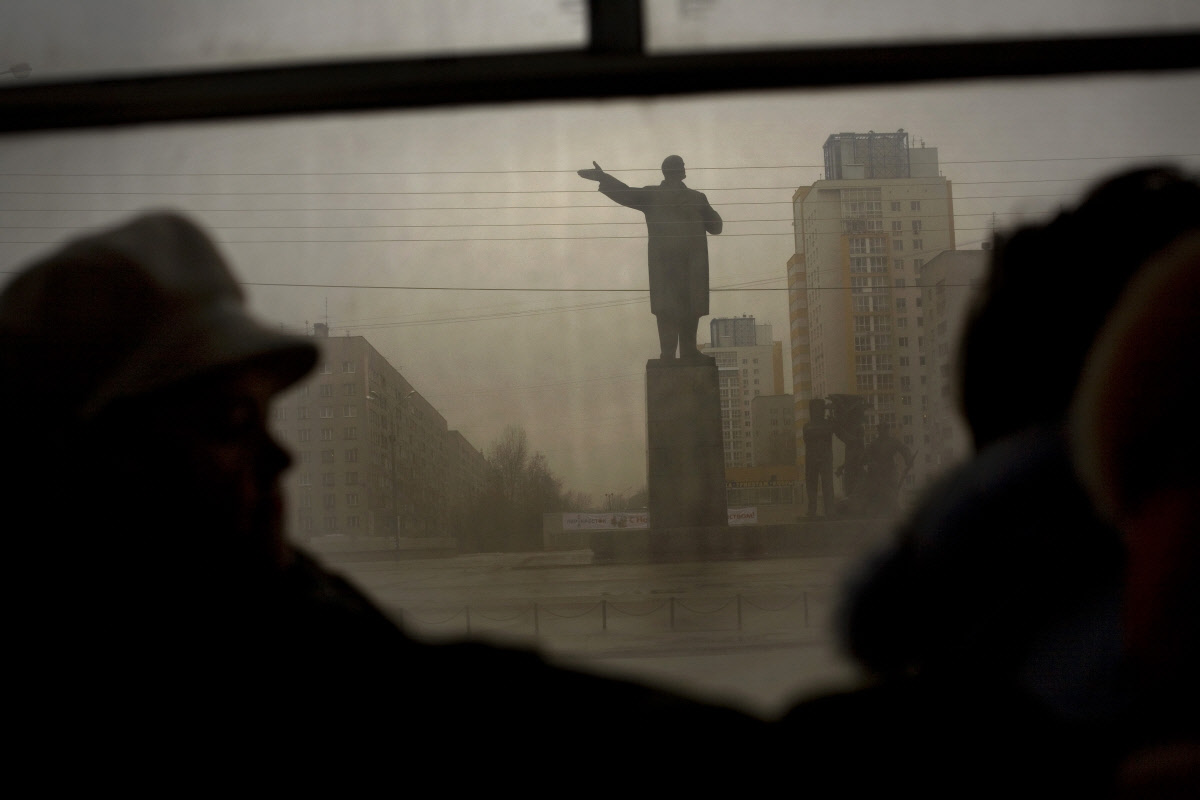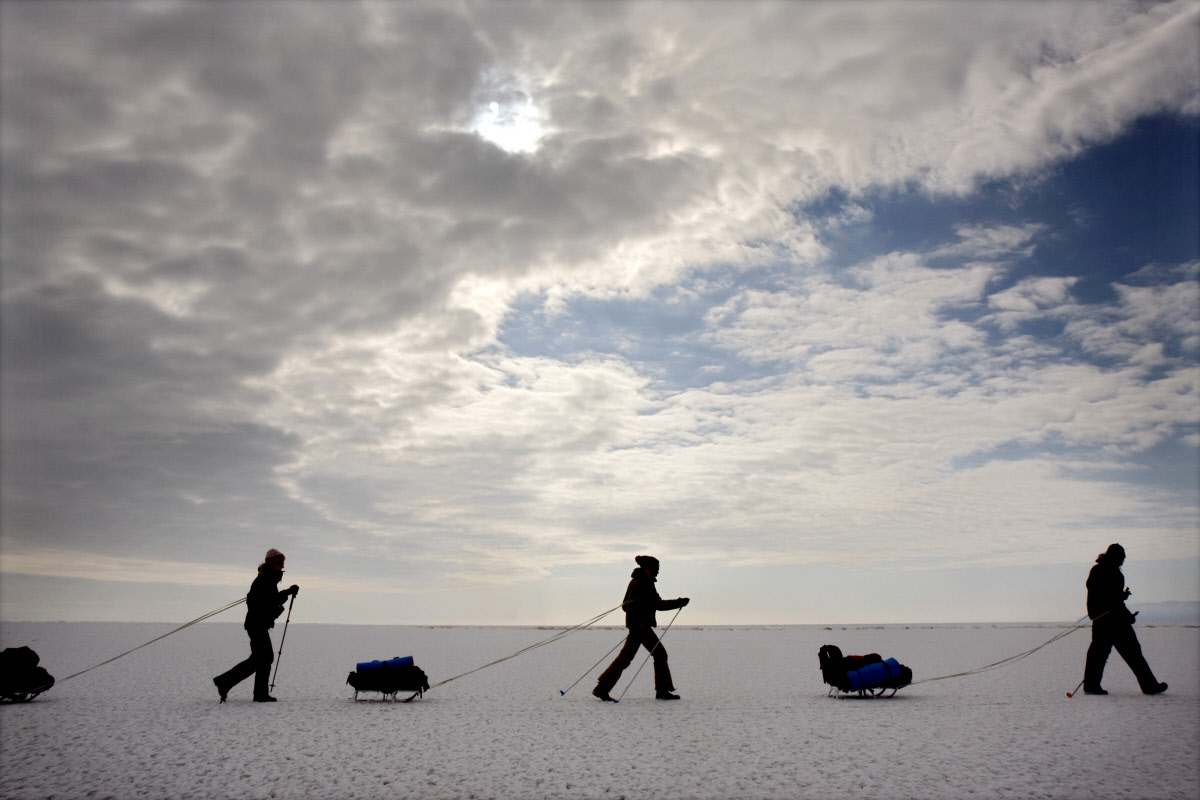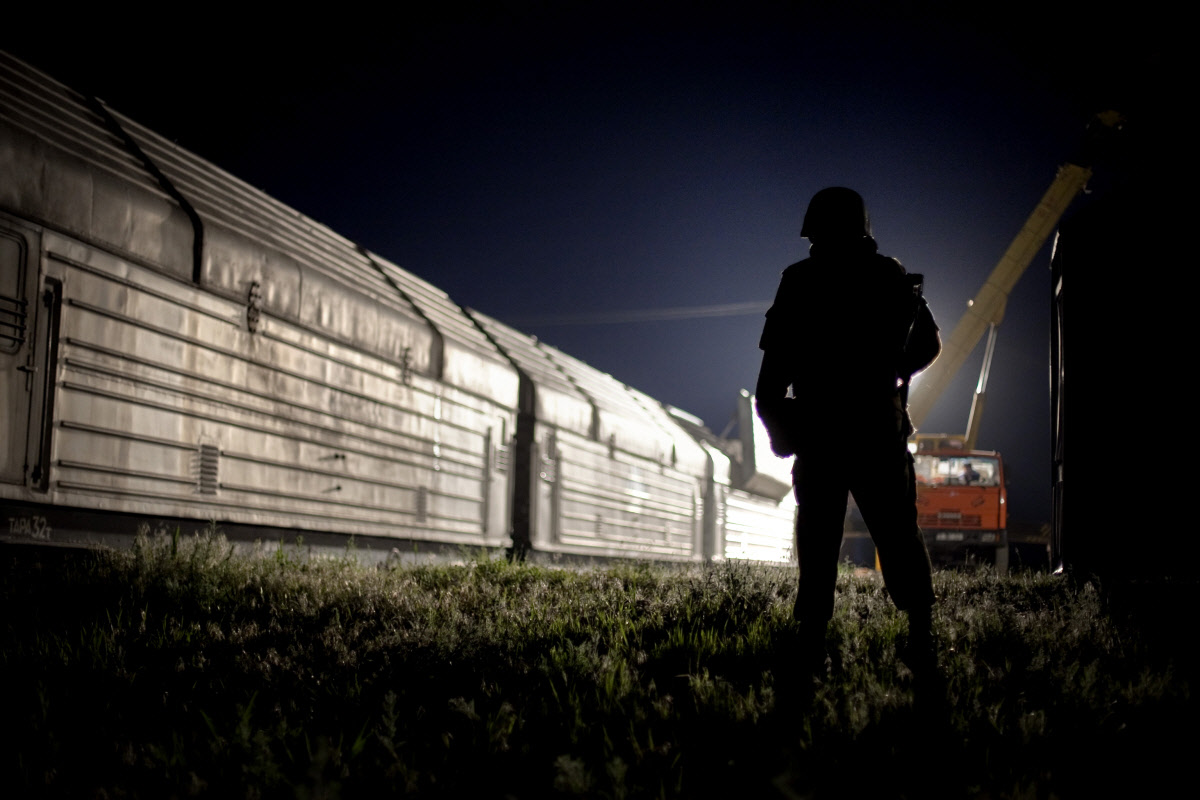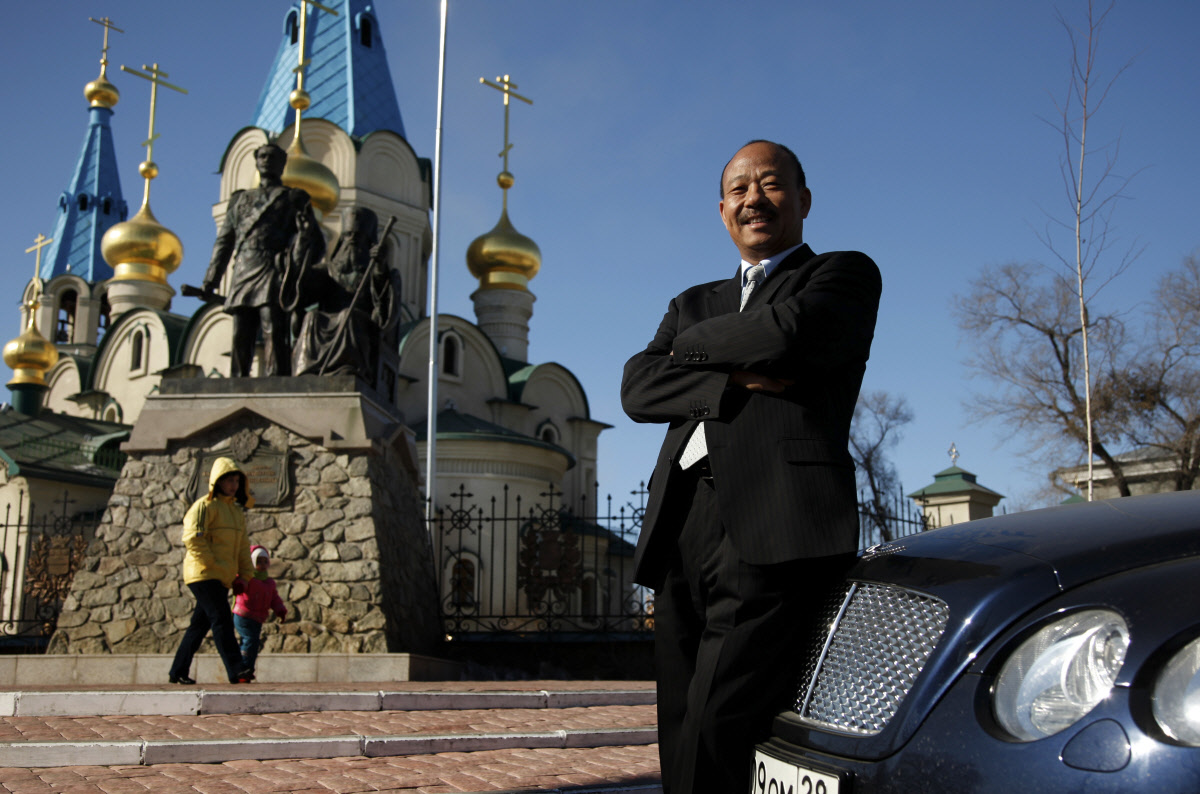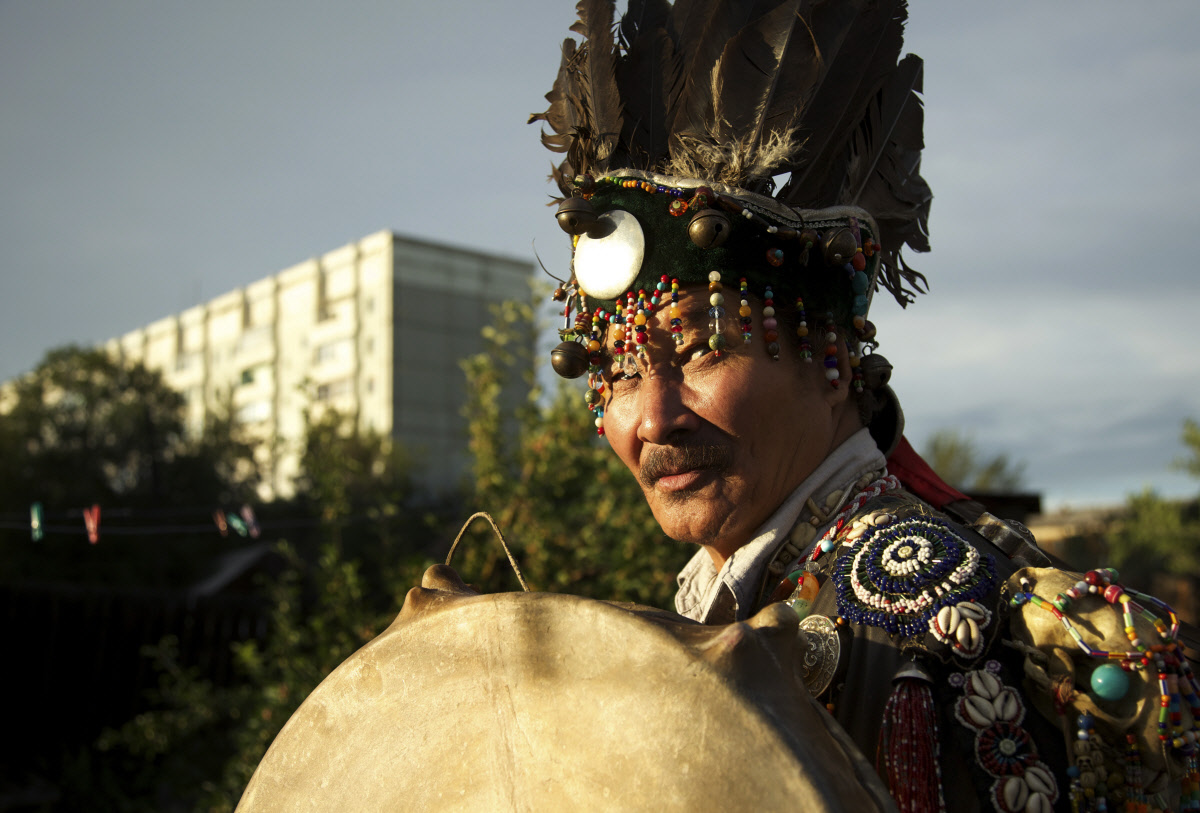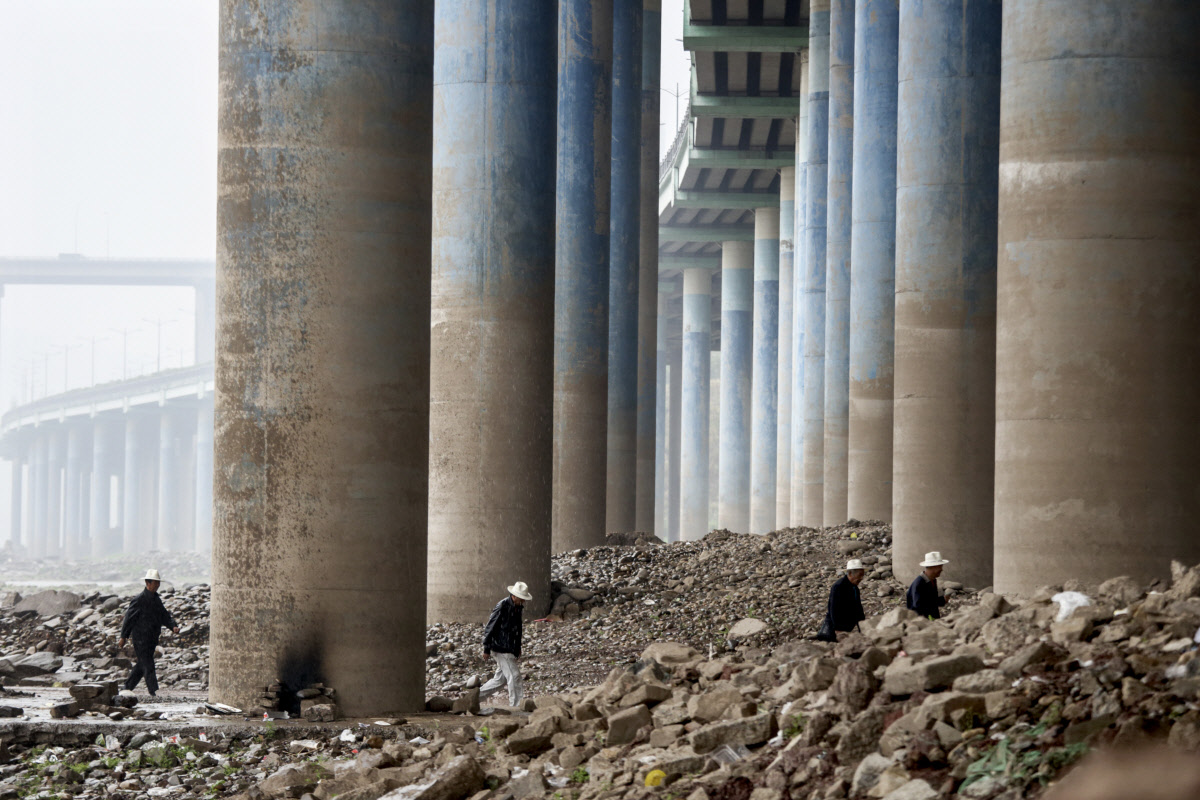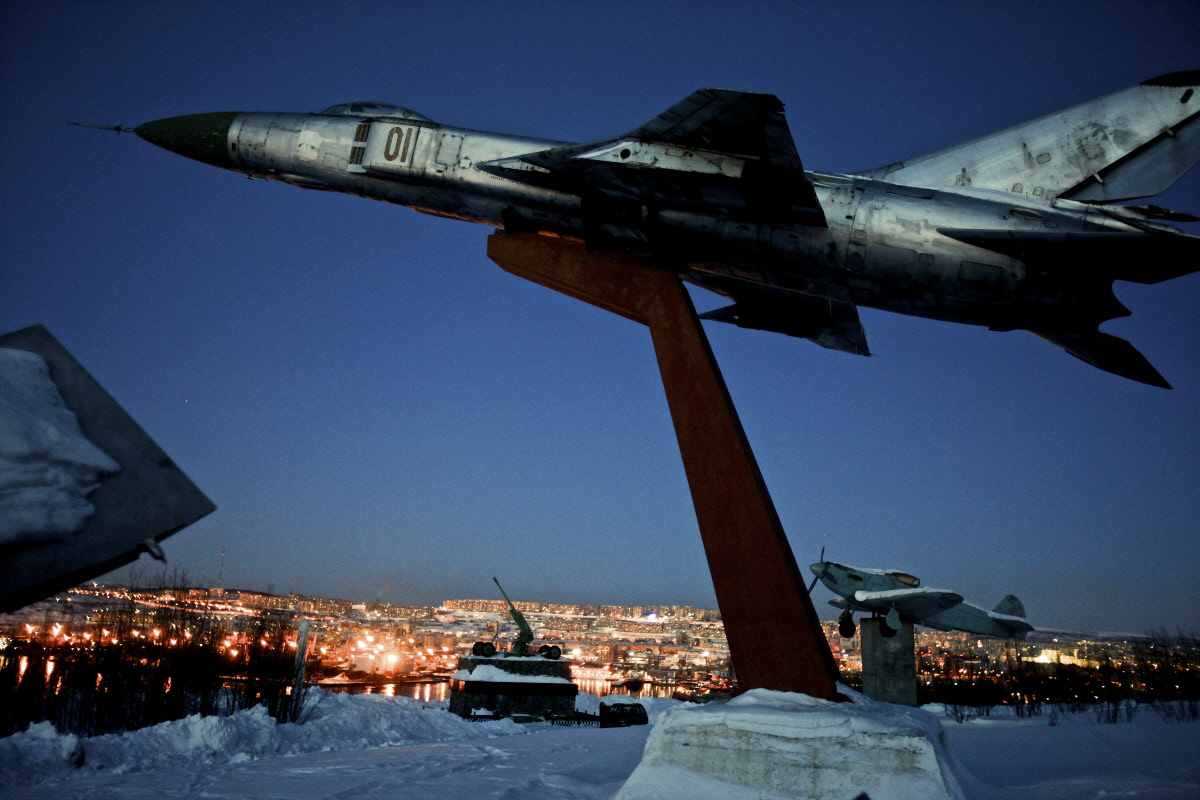Biography
British-Chinese b. 1974
Justin Jin is an internationally renowned photographer working with the world's leading publications and organisations to photograph themes in Europe, China and Russian-speaking countries.
Since picking up a camera 15 years ago, Justin has become a thoughtful storyteller, using images and text to explore international issues. While his scope is wide, his photographs are intimate, real and powerful.
Before embarking on an independent career, Justin worked for Reuters as a correspondent in Beijing and chief representative in Shenzhen, China, managing a financial news bureau.
He is the recipient of a Magnum Foundation award, the Canon Prize and a World Press Photo Masterclass scholarship, among other prizes.
The world’s oldest trees are producing some of the most luxurious tea High on a mountain in China, Indigenous tea growers are using ancient techniques to create a premium tea that has never been more popular.
At the time of her birth in Guizhou province, during the height of Chairman Mao’s reign, Mother Wu’s family laboured futilely during the disastrous Great Leap Forward.
The world population hit the 8 billion landmark this year driven by better medicine, sanitation and food production according to the United Nations.
As the sun sets into the turquoise sea off the coast of Madagascar, giant baobab trees stand silhouetted against glittering stars and rare animals like the lemur begin their nightly activity.
Gan Xiqi, or Nai Nai as she is known to her tens of thousands of fans, was a minor internet sensation in China, the world’s most crowded social media environment.
Every year, on the 13th day of the first lunar month of the Chinese calendar, the small hamlet of Majie in central Henan province becomes the scene for one of the largest folk festivals in the world.
In collaboration with Panos Pictures and the World Photography Organisation (WPO), Sony’s Global Imaging Ambassadors (SGIA) present a nine-month social documentary initiative called FutureofCities.
‘I never know, although I use the term myself occasionally, quite what people mean when they talk about multiculturalism’.
Behind the fashion for wearing distressed jeans lies a sorry tale of worker exploitation.
If there is such a thing as being well prepared for having an autistic child then Rupert Isaacson and Kristin Neff were in a better position than most parents.
From the ashes of the Soviet Union, Russia has again risen to world power status, with money, oil and attitude.
Spring arrives in Siberia as life stirs beneath the snow that has smothered it for half a year.
Since the days of the Tsars, territorial disputes have flared between Russia and China, pitting the world’s largest country by landmass against its most populous nation.
The Tuva Republic, in the far south of Siberia on the border with Mongolia, is a remote and inaccessible land of mountains, forest and steppe, inhabited by wolves, bears and snow leopards.
In another comprehensive rethink of the country’s economic trajectory the Chinese leadership has decided that for the economy to continue to grow at its present rate it needs to move 250 million rural dwellers into newly constructed urban conurbations.
Stretching 7,000 kilometers around the top of the planet, Russia’s Far North dwarfs the Arctic regions of the rest of the world put together.

